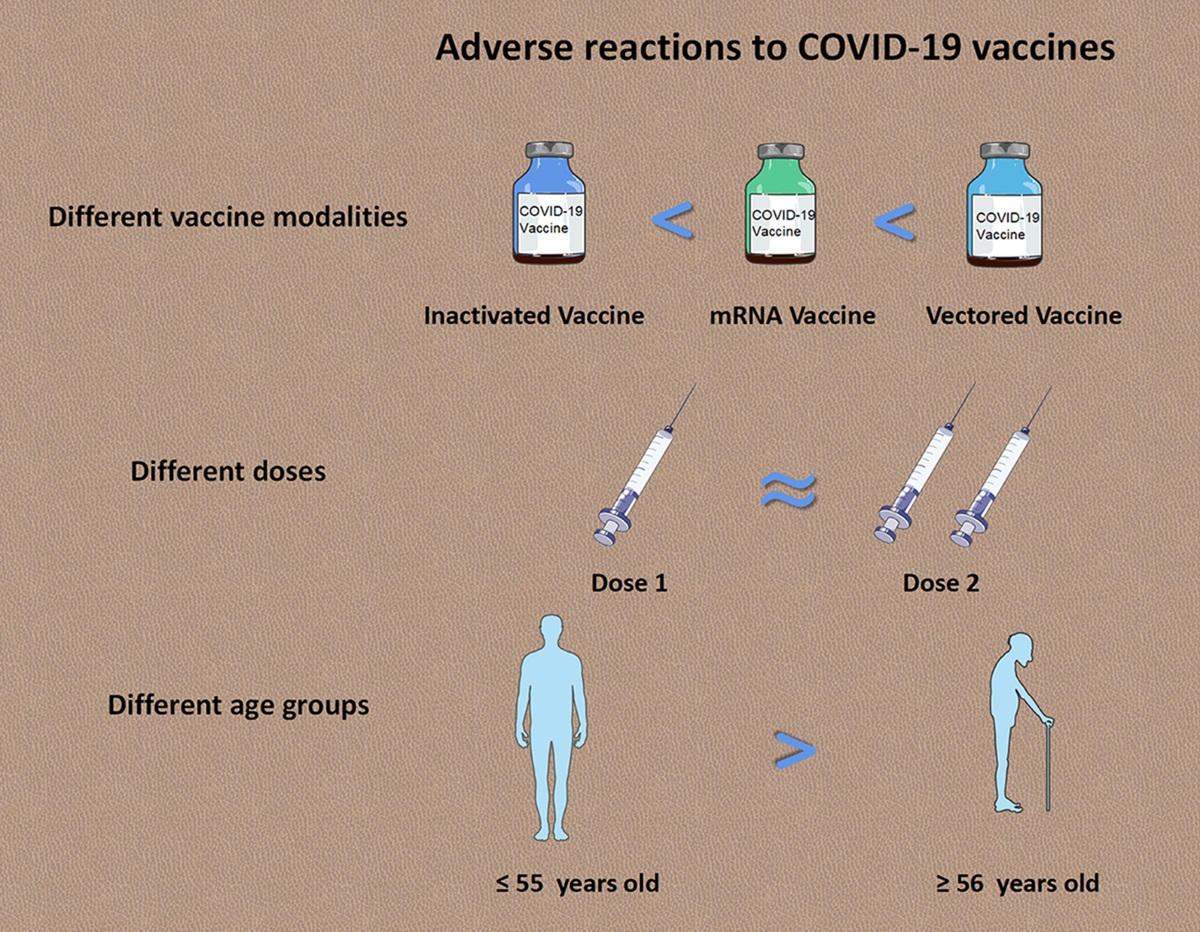The National Primary Health Care Development Agency (NPHCDA) has unveiled findings from an evaluation of the Adverse Events Following Immunisation (AEFI) surveillance project.
The aim is to strengthen vaccine safety monitoring in Nigeria.
The dissemination meeting, held on Wednesday in Abuja, spotlighted the assessment of the DHIS-2 AEFI tracker and the COVID-19 vaccine safety surveillance system introduced during the pandemic.
The News Agency of Nigeria (NAN) reports that the evaluation, implemented by the Institute of Human Virology Nigeria (IHVN), focused on identifying barriers to AEFI reporting and improving systems for future vaccine introductions.
It covered five states: Lagos, Oyo, Kano, Rivers and the Federal Capital Territory.
The sub-project, entitled COVID-19 AEFI Surveillance Activities and Evaluation of DHIS-2 for COVID-19 AEFI Reporting, assessed Nigeria’s readiness to digitally monitor and report vaccine safety using the District Health Information System 2 (DHIS-2) tracker.
At the meeting, Mr Abdullazeez Yahaya, Deputy Director and Head of Surveillance at NPHCDA, highlighted gaps exposed by the evaluation.
“This evaluation highlights persistent challenges in AEFI reporting, especially at the sub-national level.
“Frontline health workers often fear reprisals, which discourages reporting, but no one should be penalised for reporting AEFI. It is an essential part of vaccine safety monitoring,” he said.
Yahaya said that findings revealed low reporting rates by healthcare workers, particularly at the local government level, largely due to fear of blame or insufficient training.
He said that the study also identified infrastructural deficits and weak political commitment at the state and local levels as major obstacles.
A pharmacist, Victoria Etuk, representing IHVN’s International Research Centre of Excellence, explained the purpose of the dissemination.
Etuk, the surveillance lead on the project, said: “We are here to share the findings from the Strengthening Surveillance for COVID-19 Adverse Events project, led by Prof. Alash’le Abimiku.
“This data should guide government safety priorities, especially as new vaccines are introduced.”
Etuk said that more than 500 healthcare workers, including immunisation and surveillance officers, were trained during the project implementation.
“Many health workers were hesitant to report AEFI due to fear.
“We trained and reassured them that reporting is not punitive; it is part of their duty and protects public trust,” she said.
She called for “data for action”, urging that insights gathered should be reflected in future vaccine surveillance strategies.
She acknowledged the support of partners, including the U.S. CDC, the National Agency for Food and Drug Administration and Control (NAFDAC).
She said the evaluation also recommended harmonising AEFI reporting systems, aligning with global recommendations by the World Health Organisation (WHO) to establish a unified, streamlined platform.
At the dissemination event, NPHCDA reaffirmed its critical regulatory role in ensuring COVID-19 vaccine safety through quality testing and post-marketing surveillance.
Dr Uchenna Elemuwa, Director of Pharmacovigilance at NAFDAC, said that although the vaccines were granted emergency use authorisation during the pandemic, they underwent thorough quality testing before being deployed in Nigeria.
“While the vaccines were not initially trialled on the Nigerian population, NAFDAC ensured their quality through rigorous laboratory analysis.
“However, we also understand that adverse reactions are individually based, which is why continuous safety surveillance is essential,” she said.
Elemuwa said that NAFDAC, in collaboration with IHVN, U.S. CDC, and other partners, activated its National Pharmacovigilance Centre to implement cohort event monitoring, ensuring real-time detection and evaluation of side effects in the Nigerian context.
She explained that factors such as co-morbidities, drug interactions, and individual immune responses contributed to vaccine-related adverse events.
She urged states and healthcare providers to prioritise training, timely reporting and data harmonisation to improve national pharmacovigilance outcomes.
“The safety profile of these vaccines is clearer today, thanks to collaborative monitoring,” she said.
She, however, noted that underreporting remained a major challenge.
“For regulatory decisions to be evidence-based, we must receive accurate and complete data from across the country,” she said.
She also encouraged the use of standardised tools such as the DHIS-2 AEFI tracker, saying that it would enhance NAFDAC’s ability to respond swiftly to safety concerns and reinforce public trust in the vaccination programme.
Dr Fatima Ahmed, State Disease Surveillance and Notification Officer at the Federal Capital Territory, expressed optimism that the findings would drive improvements in vaccine safety infrastructure, bolster healthcare worker confidence, and ensure that immunisation programmes across Nigeria would remain trusted and effective.
Ahmed said that the FCT was already using the reporting channel, describing the channel as effective.
“Everyone experiencing adverse effects is being treated by the Federal Government free of charge. We need to intensify advocacy to raise awareness about the importance of these measures,” she said.
Dr Rita Okonkwo, Project Director, Secure-Nigeria Project at IHVN, said that robust AEFI monitoring systems were essential for sustaining public confidence in vaccination programmes, especially during public health emergencies such as the COVID-19 pandemic.
Okonkwo noted that the meeting explored ways to institutionalise the DHIS-2 AEFI tracker for broader use within Nigeria’s immunisation safety agenda, ensuring more effective data utilisation for policy-making.
She said that, with growing global concerns about vaccine safety, the project aimed to reinforce Nigeria’s commitment to public health transparency and preparedness for future immunisation campaigns beyond COVID-19.
NAN reports that stakeholders at the meeting are expected to recommend scalable strategies for integrating the DHIS-2 AEFI tracker into routine national immunisation systems and for training frontline health workers to improve data accuracy and reporting compliance. (NAN)





